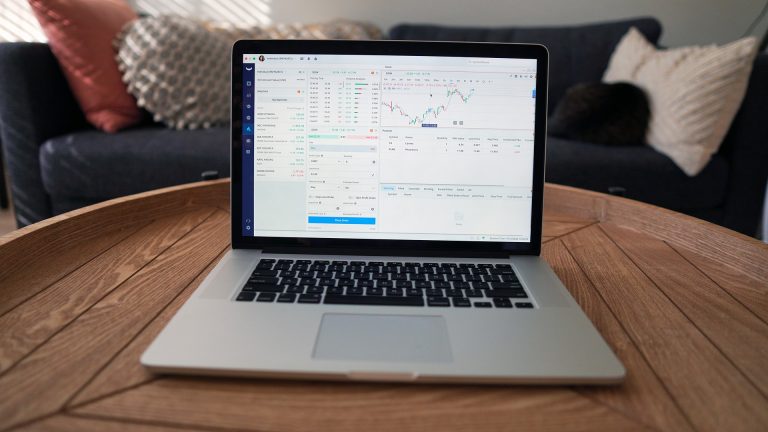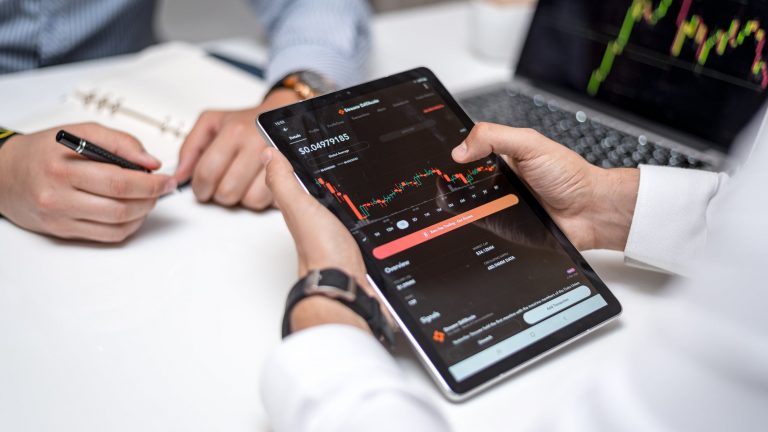Cryptocurrencies are digital or virtual currency that uses cryptography for security. It is difficult to counterfeit because of this security feature.
A defining feature of a cryptocurrency, and arguably its most endearing allure, is its organic nature; it is not issued by any central authority, rendering it theoretically immune to government interference or manipulation.
Who can trade cryptocurrencies
Anyone who wants to can trade cryptocurrencies. There are many online exchanges where people worldwide meet to buy and sell their cryptocurrencies.
Some exchanges have more significant amounts of currency listed than others, so if you’re looking for something specific, like Peercoin (PPC), then you may need to search around for an exchange that has what you’re looking for.
Cryptocurrency trading can be done across many exchanges.
If you sign up, make sure you understand the fees associated with buying and selling before making any transactions.
Factors that determine the value of a cryptocurrency
Cryptocurrencies like Bitcoin (BTC), Litecoin (LTC), Ripple (XRP), Peercoin (PPC), Mastercoin (MSC) and Namecoin (NMC) are all traded on various exchanges around the world.
The price that these coins trade for is subject to the whims of the market. If you’re looking to acquire cryptocurrencies, you can visit an exchange like Cryptsy or Bter.
Generally speaking, more extensive volume exchanges are considered trustworthy and tend to trade coins at higher prices.
The value of a cryptocurrency is ultimately brought forth by the people who use them. Thus gaining/losing value merely comes down to its user base changing their mind about any given coin’s usefulness or future growth potential – which can happen despite being fully aware of all its problems.
Risks involved with trading cryptocurrencies
Anyone interested in trading cryptocurrencies needs to appreciate certain risks associated with this form of income.
While these risks are minor – after all, what do you have to lose (and the value of any coins you might acquire will likely increase considerably – at least, in theory) – they’re still worth considering.
Trading cryptocurrencies outside the US
Yes, there are cryptocurrency exchanges that operate globally.
These exchanges accept users from around the world. Some examples include BTC38 (based in Shenzhen), Cryptsy (headquartered in Florida) and Bter (located in China).
It is essential for anyone looking to trade cryptocurrencies to exercise due diligence before signing up with an online exchange.
Make sure its reputation is solid and ideally read what others have to say about them before shelling out any funds or valuable personal information.
Remember, anonymity is vital when looking for an exchange.
One way to lessen the chances of encountering problems with an online cryptocurrency exchange is to deal only with reputable companies, so you’re less likely to get ripped off.
Another option is to transfer your cryptocurrencies into a secure offline wallet, which is even better for security, but not as practical while trading or if you need quick access to them.
Protect yourself against cryptocurrency scams
There are many ways people can be defrauded when it comes to trading or using cryptocurrency. For example, someone might set up a fake exchange and steal users’ coins, as with Mt Gox.
There’s also an ongoing scam where Facebook friends list their coin wallets in your feed, but you’re just seeing the wallet address and not who it belongs to.
When other people send coins to those wallets, those coins are sent into “The Ether” – if somebody tells you otherwise (it’s often framed as a way to invest and make money), then they could be trying to scam you.
Determining taxes
If you are mining any cryptocurrency other than Bitcoin, then depending on the pool you use, part of what they give you will be considered income and taxed.
The person who runs the pool might let you know how much – if anything – to claim, and this will depend on your situation.
If you’re mining BTC through Antpool because you are a business, things are very different. You need to keep very detailed records of every transaction on your website.
It includes which pages visitors come from, what offer they complete on your site etc. You’ll also have to file all these details with the IRS.




